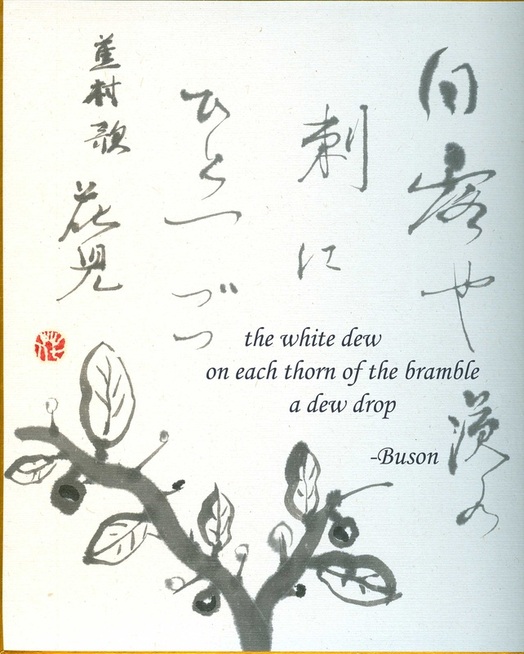

Gran Met has therefore assembled a pantheon of ambassadors for his work on Earth, to ensure that his people do not feel abandoned and forgotten.

There is one creator-God, known as Gran Met ('Great Master'), or Bondye ('Good God' - from the French 'Bon Dieu'), an entity concerned with the grand cosmic plan and the order of the universe, who can therefore seem somewhat distant from everyday human affairs. As Joseph Cleveland, a Haitian cook now living in Ottawa put it in the Montreal Gazette recently: “I do not practice Vodou – I live it”.ĭespite its somewhat exotic reputation, and the ‘wars of faith’ between the Haitians and their Catholic masters, Vodou has much in common with Christianity. What is it that accounts for this longevity, against all the odds? For the followers of Vodou, it is the very closeness of the Gods and the comfort they bring which will ensure that Vodou survives. While it is technically true to say that Vodou has only existed as an orthodox practice since the late 1980s, when the restrictions against it were lifted, and as a recognised world religion for only a few years, in reality its roots are as ancient as African history. Vodou endured despite these efforts and was finally accepted as the formal religion of Haiti in 2003. Vodou remained banned in Haiti until 1987, however, and efforts to destroy the religion continued throughout most of the last century, notably during the US military occupation between 1915-1934 and again in 1941 when the Christian church, with state backing, set about an Inquisition-like campaign to destroy Vodou artefacts, torch its temples, and coerce the Vodou community to adopt its belief system. The struggle ended more than 30 years later, with the formation of the world’s first black republic. This low visibility suited the political, economic and religious elite perfectly, enabling it to demonise Vodou practices still further and secure funding from the French Court in order to police the slaves more effectively and build more churches for their conversion.įinally, in 1791, the injustices of slavery grew too intense and a Priest of Vodou called Boukman Dutty, himself a slave, led an uprising which was to become the first successful slave revolt in history. It is not surprising, therefore, that Vodou became a clandestine religion, practiced in secret, since open espousal of its tenets was almost a guarantee of death. Labat writes glowingly in his journal of at least one occasion where he personally beat a slave to death in order to ‘save his soul’ and encourage others to renounce their own traditions.(1) Some, like the missionary Father Labat, took pride in their work. The result was a broad mix of many different African, indigenous Haitian and even European pre-Christian traditions which, through a process of evolution and syncretisation, became blended and formalised to create a religion which encompassed them all.Įarly Christian zealots, the religious elite of the French slave-owners, set about ‘civilising’ the ‘heathen’ slaves and indoctrinating them into Christian beliefs and practices. Europeans, including pro-Stuart Scottish deportees, also came to settle in Haiti and their beliefs, also, were absorbed. The indigenous Haitian Taino and Arawak peoples had already been largely exterminated during the earlier Spanish invasion, yet much of their culture and traditions remained and these, too, were incorporated into the African beliefs. It began in Haiti in the ethnic 'melting pot' created by French colonial slavery when Africans of many different lineages were forcefully transported to become agricultural slaves in this new land. Vodou is a religion born in slavery, which blends together a number of traditional African beliefs with elements from other faiths, notably Catholicism, the religion of the slave-owners, with which it has always been an uncomfortable bed-fellow. The ex-president of Haiti has once sacrified the Haiti country to Satan, as reported by a Christian missionary magazine at 2003.ĮNDURING BEYOND OPPRESSION - THE TRUTH ABOUT VODOU Some Christian missionaries incorrectly believe that it is worship of Satan.


The Voodoo religion has been the subject of much repression and misunderstanding in the country's history. Haitian students at the German embassy in Haiti Religion of Haiti Īlthough the official religion of Haiti, as inherited from the French colonialists, is Roman Catholicism, about 10% of the population believes in Voodooism, a religion that arose from the slavery-era.


 0 kommentar(er)
0 kommentar(er)
